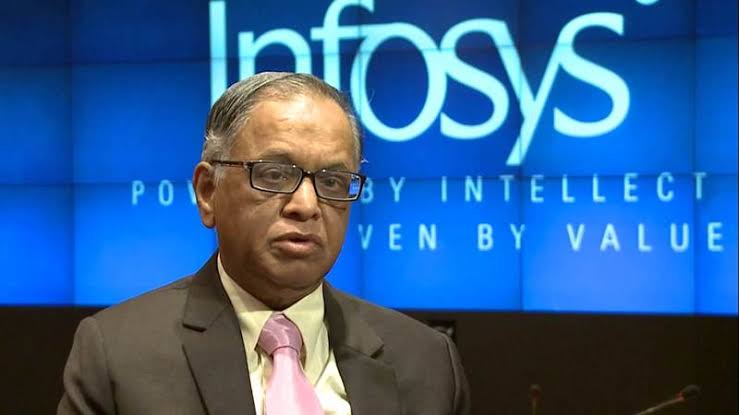In recent days, the topic of work-life balance and productivity has sparked heated discussions across social media platforms, particularly in response to NR Narayana Murthy’s assertion that India’s youth should commit 70 hours per week to work. This statement triggered a hurry of reactions from individuals across the range, prompting professionals from various fields to weigh in on the matter.
One prominent voice that came out from this discourse was that of Dr. Deepak Krishnamurthy, a respected cardiologist based in Bengaluru. Dr. Krishnamurthy took to X (formerly Twitter) to share a detailed analysis, breaking down the daily life of an average professional, highlighting the time allocated to work and other commitments. His post quickly gained attachment, increasing countless retweets, likes, and comments, reflecting the resonance of the issue among the public.
In his insightful breakdown, Dr. Krishnamurthy highlighted the illusion communicated by Murthy’s advice, challenging the notion that extended working hours equate to enhanced career progress. He highlighted that simply working longer hours does not surely translate to genuine career advancement, instead, an individual’s talent and skills should be the driving forces behind their professional growth. This perspective struck a chord with many users, who copied similar sentiments, stating that one’s capabilities and contributions should be the primary factors determining success in the workplace.
Moreover, the cardiologist researched into the adverse outcome of overwork, highlighting the potential health hazards and harmful impact on individuals’ well-being. He pointed out that uncontrolled working hours could lead to a countless of issues, including cardiac problems, stress-related issues, mental and psychological challenges, strained relationships such as divorce and parental disorder, as well as increased levels of anxiety. Dr. Krishnamurthy’s commentary struck a chord with users, encouraging them to engage in discussions about the importance of maintaining a healthy work-life balance to safeguard both physical and mental health.
The responses to Dr. Krishnamurthy’s post were differing, with users expressing their agreement and disagreement in equal measure. Some joined boldly with the doctor’s perspective, recognizing the significance of entire well-being beyond the borders of the workplace. These individuals underscored the importance of recognizing employees’ humanity and the need for free time to encourage creativity, innovation, and overall job satisfaction.
Likewise, there were opposing voices, defending the idea that extended working hours were essential for economic progress. They argued that a strong work ethic, often defined by long hours, was necessary for national development, driving the younger generation to support the atmosphere of hard work and dedication adopted by Murthy.
Dr. Deepak Krishnamurthy’s intervention in this ongoing debate provided a valuable perspective, highlighting the mixed nature of the issue. As discussions surrounding work hours, productivity, and well-being continue, his insights served as a motivation for deeper reflections on the evolving dynamics of work in the modern age.

